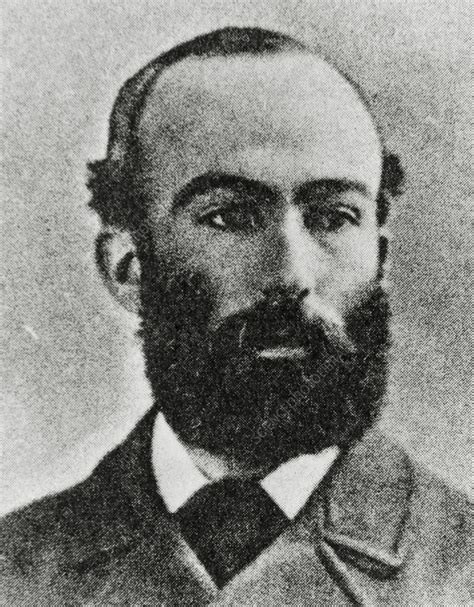A Quote by Georges Cuvier
It is evident that one cannot say anything demonstrable about the problem before having resolved these preliminary questions, and yet we hardly possess the necessary information to solve some of them.
Related Quotes
If you have 15 minutes per visit, and you spend the first 9 minutes just collecting information from them, before you do anything else, you know half of your visit is gone already. So if you have an automated system that has most of that and, and in some cases I actually have patients complete questionnaires before they come in, so I'd gotten most of the information I need to ask about, already recorded, instead of having 9 minutes I can take 3 minutes to review all this information.
If the land was divided among all the inhabitants of a country, so that each of them possessed precisely the quantity necessary for his support, and nothing more; it is evident that all of them being equal, no one would work for another. Neither would any of them possess wherewith to pay another for his labour, for each person having only such a quantity of land as was necessary to produce a subsistence, would consume all he should gather, and would not have any thing to give in exchange for the labour of others.
There is so much information that our ability to focus on any piece of it is interrupted by other information, so that we bathe in information but hardly absorb or analyse it. Data are interrupted by other data before we've thought about the first round, and contemplating three streams of data at once may be a way to think about none of them.
Hundreds of investors ask me questions each year about the dilemmas they confront. Their worst problem? Uncertainty. They are traumatized and become emotional or confused to the state of inaction. Even worse, they try to solve a short-term problem in a way that hurts them financially in the long run.




































